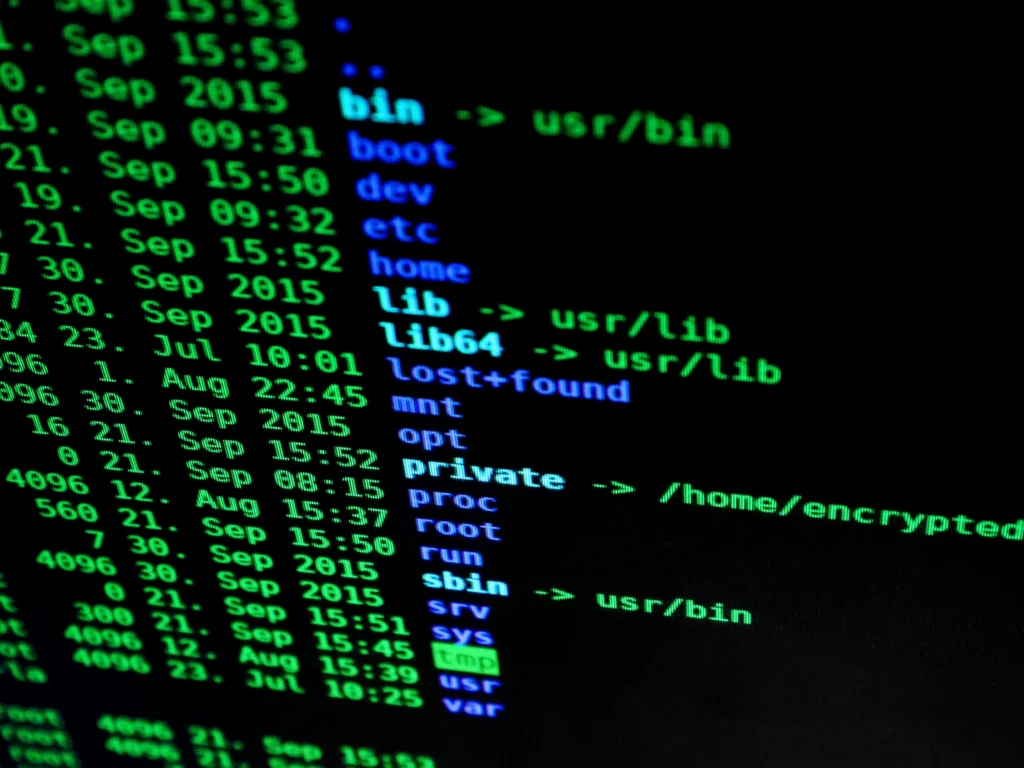Recent cyber threats have seen attackers exploit iCalendar (ICS) files, leveraging their trusted appearance to bypass email security measures. This method has emerged as the third most common social engineering vector in emails, allowing attackers to deploy phishing campaigns and malware effectively. Security tools historically misclassify .ics files as benign, overlooking the dangers embedded within them, resulting in a 59% bypass rate against protective measures.
Attackers utilize various components of the iCalendar format, embedding malicious content within fields such as DESCRIPTION and LOCATION to redirect users to phishing sites. There have been documented campaigns targeting organizations using these techniques, revealing the sophistication and adaptability of modern cyber threats. The increasing exploitation of such calendar files not only highlights the oversight in traditional security measures but also emphasizes the need for advanced detection and mitigation strategies.
With concrete examples of successful exploits documented, such as the Zimbra Zero-Day and extensive phishing campaigns utilizing Google Calendar, it is clear that security teams need to recognize the iCalendar format as a serious threat. Enhanced scrutiny and updated security practices are essential to combat this evolving attack vector.
👉 Pročitaj original: Cyber Security News





